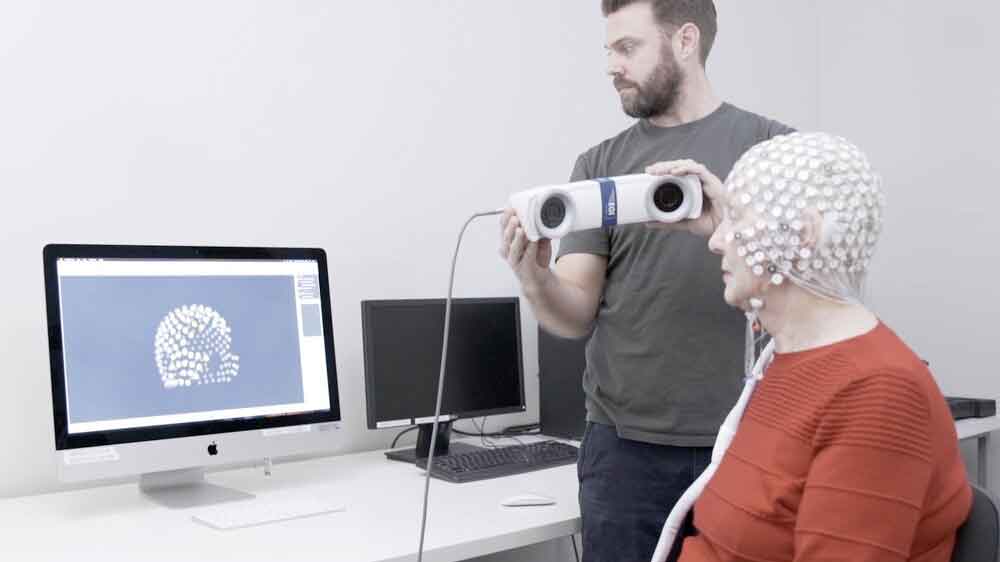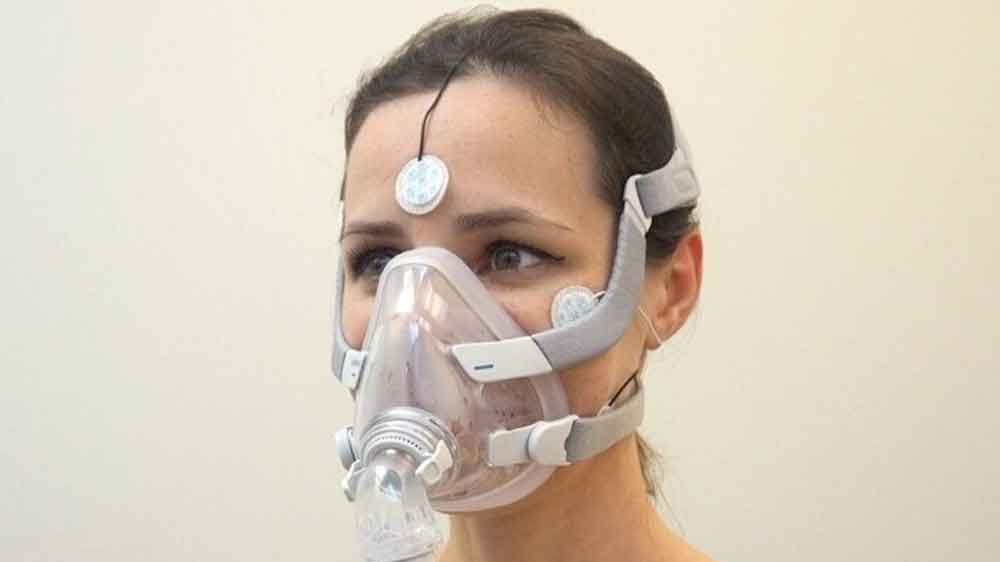The Woolcock Institute of Medical Research
How can we improve the mental health of people with insomnia?
Research shows that people with insomnia have a greater risk of experiencing anxiety and depression.
People with insomnia don't just experience the health problems associated with poor sleep, but also health problems resulting from the anxiety and depression that can come from poor sleep.
I'm working on research to better understand the links between sleep, depression and anxiety. I want to develop treatments that help people with insomnia sleep better and improve their mental health.
Sleep and the 'siren' of the brain
When something unpleasant happens, the so-called limbic circuit in our brain immediately activates. This brain circuit can be regarded as the 'siren' of the brain, as it responds to distressing events.
But as you can imagine, this siren must be switched off for the brain to return to functioning properly.
This is where sleep comes in.
When we sleep, something quite remarkable happens: the very same brain cells that were active during the initial unpleasant experience become active again when we sleep. It's as if the brain replays a summary of what had happened.
During this process the brain tries to accomplish two things:
- First, it extracts the details of the event – what happened, where, when and who was involved – and incorporates those details into our long-term memory bank.
- Secondly, the connections of this memory trace with the limbic circuit are weakened, effectively decoupling the limbic circuit from the memory trace. So the next day, when we recall the event, the siren no longer activates.
Thanks to this process, when we wake up from a good night's sleep, we have somehow gained the mental clarity to put yesterday's troubles into perspective, and we reduce the emotional impact these memories can have on us.
Insomnia patients, however, wake up during the night. Sometimes for quite some time, but actually more often for very short moments of about 3 to 15 seconds. These short wake-ups, it seems, disturb the relocation of emotional memories.
Our studies have shown that insomnia patients with many short wake-ups continue to activate the limbic circuit when they recall an emotional event the next day. The siren is not switched off after sleeping.
How can we silence the siren?
In 2021 I started a five-year research program at the Woolcock Institute of Medical Research.
In the research, insomnia patients will take part in a 12-month study. At the start we will investigate their sleep with EEG recordings, and we will use magnetic resonance imaging (MRI) to see how their brain responds to emotional events before and after they have slept.
Then we will invite them to participate in a treatment program called cognitive behavioural therapy. One important part of this therapy is to consolidate sleep; that is, to build up enough sleep pressure to stay asleep and significantly reduce the number of these short wake-ups during the night.
We expect to find that this reduction in night-time wake-ups will enable their brain to properly process emotional memories – to 'turn off the siren' in the brain.
Through my research, I hope to help people with insomnia get a better night's sleep and reduce the long-term health costs that their sleep problems can have.
I'll be looking for volunteers later in 2021 or early 2022. So make sure you sign up to the Woolcock's news, or follow us on Facebook, Twitter or Linkedin.
By Dr Rick Wassing of our Sleep and Circadian Research Group
Find out more
- Read more about Rick
- During Sleep Awareness Week we're highlighting some of the great sleep research work we're doing at the Woolcock. Read our latest sleep news
Donate to the Woolcock

$50 can provide one hour of High Density EEG research.
Donate now










